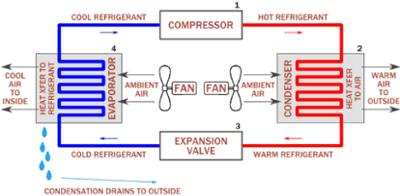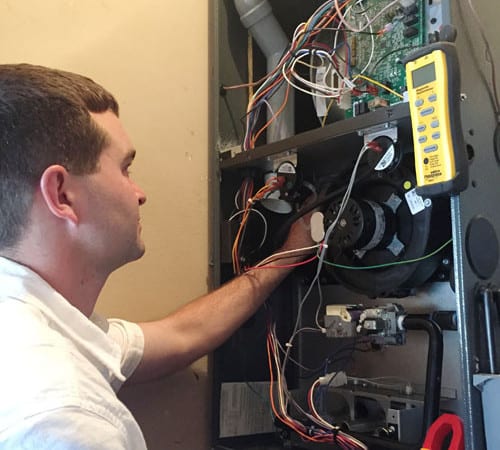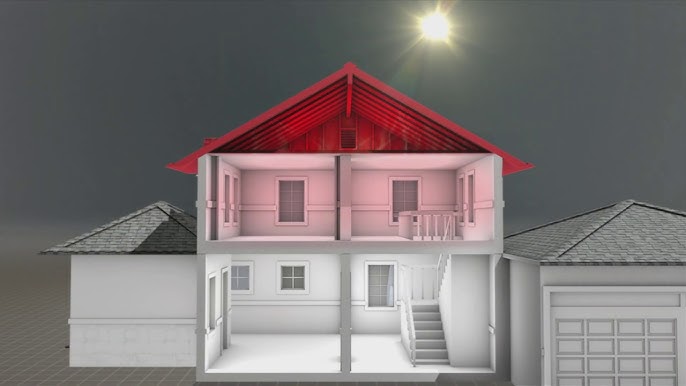
Refrigerant is the substance contained in the coils of the air conditioning unit. It absorbs heat from the environment and in return provides cooler air working alongside compressors and evaporators. In the condenser, refrigerant turns to liquid as it absorbs heat from indoor air, then goes to the evaporator. As it cools it turns back into gas, then a fan located indoors blows over the coils and distributes the cold air throughout the home. The cycle then repeats again. Without refrigerant your air conditioner cannot keep your home cool.
Types Of Refrigerant

The most common types of refrigerant used in air conditioning include:
• Hydrochlorofluorocarbons (HCFCs), including R22. EPA mandated a phase out and discontinued use of R22 in new air conditioning systems as a result of the Clean Air Act of 2010. R22 will phase out completely by 2020.
• Hydrofluorocarbons (HFCs), including R410A, R407C and R134. These types of refrigerant do not contain chlorine. They are safer for the environment and are now used in place of R22. Furthermore, R410A can absorb and release more heat than R22. R410A systems use synthetic oil to keep the compressor lubricated during operation. The synthetic oil is more soluble with R410A reducing wear and tear on the compressor. Therefore, air conditioners that use R410A are more efficient, offer better air quality and increase comfort levels.
Low or Too Much Refrigerant?
The EPA has set rules regarding the handling and disposal of refrigerant. As a result, only licensed HVAC companies and technicians can purchase it. Therefore, if you believe your air conditioner is having issues with the refrigerant or needs to be recharged please contact a licensed professional. If you continue operating an air conditioning system low on refrigerant, the unit will work harder to keep your home cool. Therefore, causing your electricity bills to increase or eventually leading to a damaged the compressor.
A system that has too much refrigerant can also lead to permanent damage to the compressor and the unit. If there is too much, it can become trapped inside the compressor where it should never get into and cause a total breakdown. Replacing a compressor could be costly. In some cases, it would be more cost effective to replace the whole system. Furthermore, too much refrigerant causes the system to work as if it were larger than it is, lowering the efficiency of the air conditioner.
If you need the refrigerant levels of your air conditioning system checked or to schedule regular maintenance, please give LA Construction Heating and Air a call for help. We will make sure the levels are correct and your air conditioner is working properly. LA Construction Heating and Air is a certified HVAC Contractor. We would be happy to assist you with any questions you may have. Feel free to contact us online or give us a call today at (818) 341-3406. To learn more about services we offer, please visit our homepage.











































